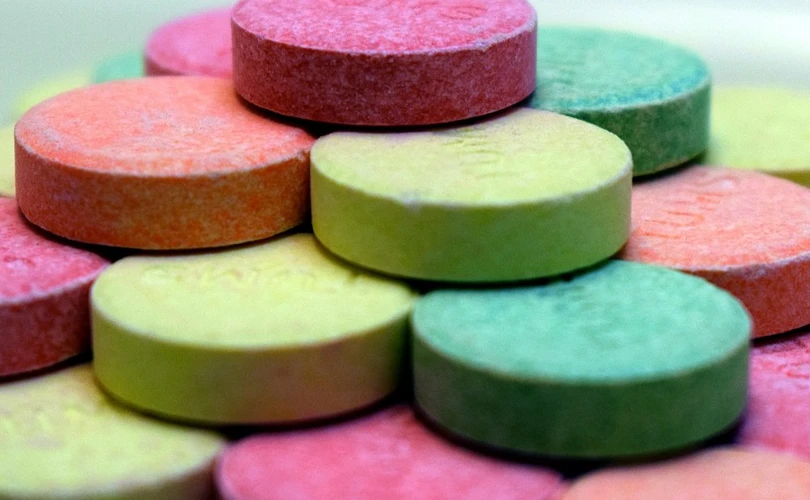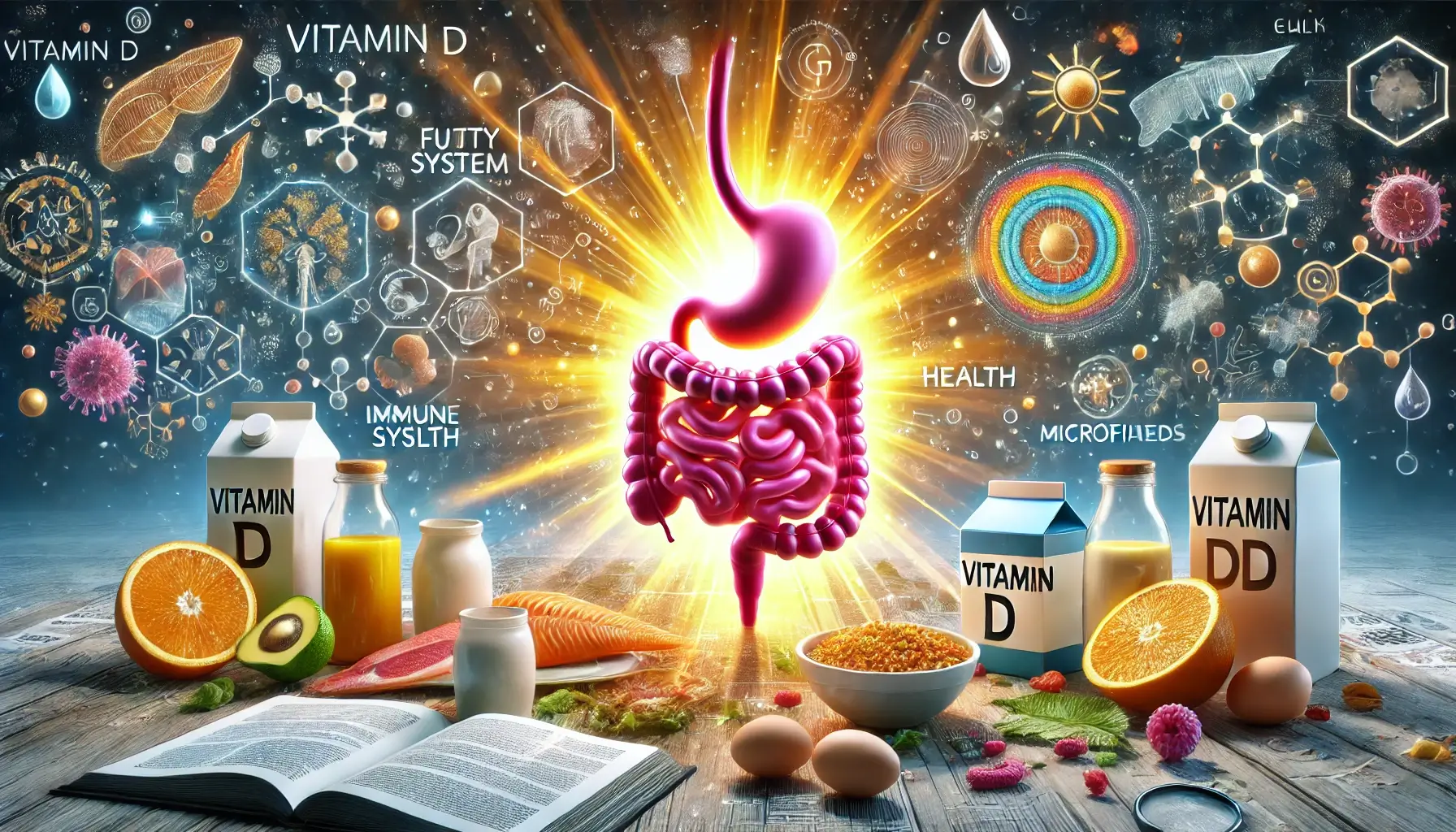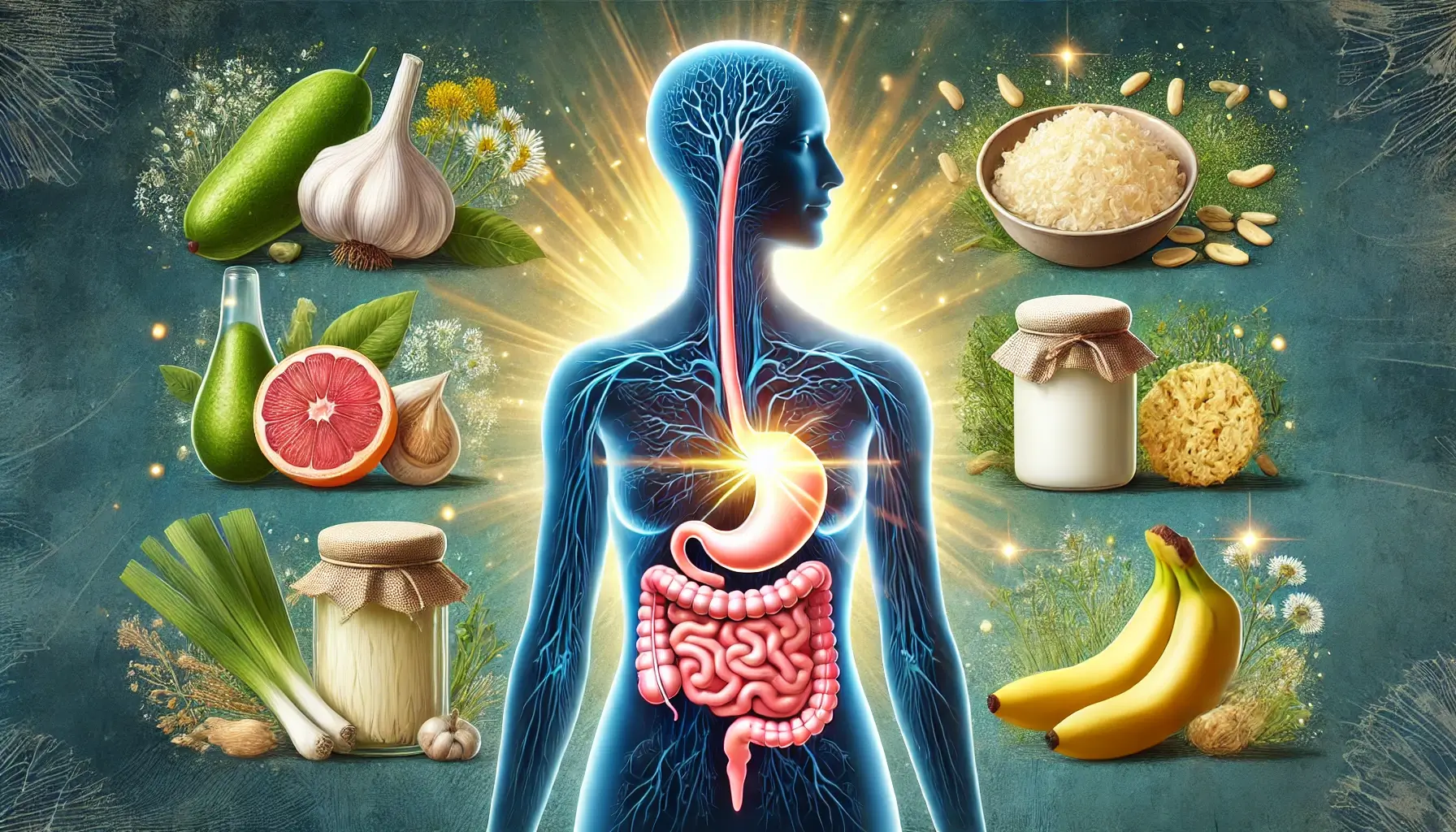What Do Peptic Ulcers Mean?
Sores called peptic ulcers show up on the walls of the stomach or duodenum. The duodenum is the lower part of the small intestine. If there is a mismatch between stomach acid and the mucus that covers the stomach and duodenum, it can lead to peptic ulcers.
Too much stomach acid can hurt the walls of the stomach and intestines, but it also helps break down food. Too little mucus can also cause gastric ulcers, but enough mucus helps protect the walls of the stomach and duodenum from stomach acid and keeps it safe.
Puffery Ulcers
Puffery ulcers come in two main types:
Gastric ulcers: These are sores that form in the stomach. Gastric ulcers are spots on the inside of the stomach and are open. They happen most often in people with gastric ulcers, which are sores that can form in the stomach or the duodenum, the first part of the small intestine.
Several things can lead to stomach ulcers, such as getting Helicobacter pylori (H. pylori) bugs in your body. Zollinger-Ellison syndrome is very uncommon and makes the stomach make too much acid. Anti-inflammatory drugs (NSAIDs) like ibuprofen and aspirin, used for a long time may lead to ulcers.
Duodenal ulcers: These are sores that form in the intestines. Ulcers in the duodenum, the first part of the small intestine, are open spots that form on its walls. They happen second most often in people who have peptic ulcers, which are sores that can form in the stomach or intestines.
Adults are more likely to get peptic ulcers, but kids can also get them.
Common Signs
Pain in the stomach is the most common sign of a peptic ulcer. People often say that the pain feels like burning, which might be worse when the stomach is empty or eating. These are some other signs of peptic ulcers:
Stomach pain and bloating
Feeling sick
Being sick
Not wanting to eat
Weight loss for no reason
Peptic sores can cause you to vomit blood..
Some other things that can cause stomach ulcers are:
If you take NSAIDs, like ibuprofen and aspirin, for a long time, you could develop pain.
Using tobacco
Too much drinking
Zollinger-Ellison syndrome is very uncommon and makes the stomach make too much acid.
A few types of cancer
How to treat stomach ulcers
What you do to treat a gastric ulcer depends on what causes it. Antibiotics will be given to kill the H. pylori bugs if an infection causes the ulcer. They might tell the person who got the ulcer to stop taking NSAIDs or switch to a different medicine.
Some other ways to treat gastric ulcers are:
Antacids to stop stomach acid from building up
Proton pump inhibitors to lower the production of stomach acid
H2 blocks to stop the release of stomach acid
Surgery to repair the ulcer or lower the stomach’s acid production
How to avoid getting stomach ulcers













